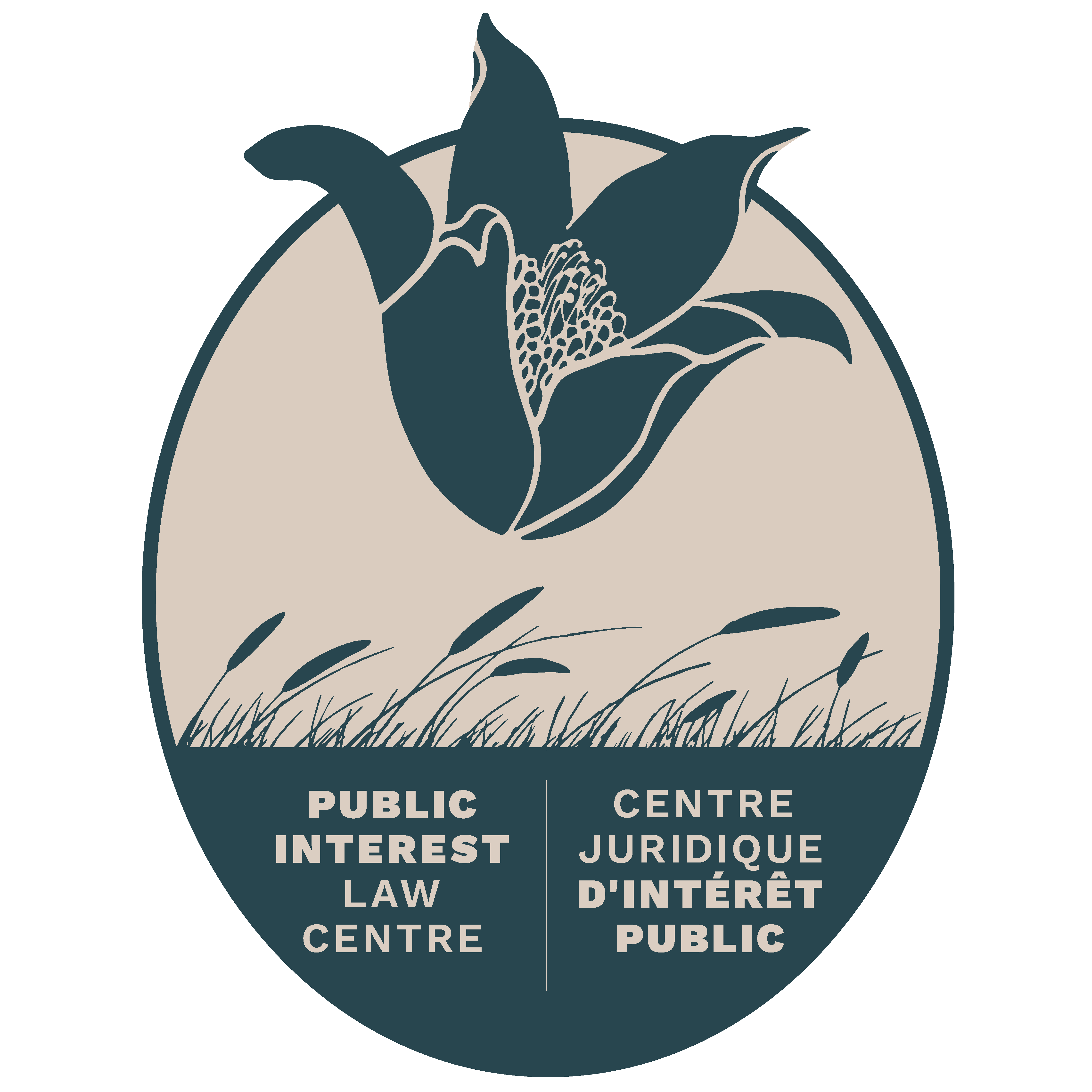An Interpretation of the Best Interest of the Child consistent with Reconciliation, the Honour of the Crown and domestic and international commitments
13/07/2018
With First Nations children accounting for 90% of the over 11,000 children in care in Manitoba and with the highest child apprehension rate in the country, this over-representation is nothing short of catastrophic.
Lawyers Allison Fenske and Joëlle Pastora Sala from the Public Interest Law Centre (PILC) represented the First Nations Family Advocate Office of the Assembly of Manitoba Chiefs (FNFAO-AMC) as an Intervenor on a child welfare appeal to the Manitoba Court of Appeal. Meredith Mitchell, lawyer from the Child Protection Unit of LAM, represented the mother in this case.
On 4 June 2018, the Honourable Court heard FNFAO-AMC’s position on an interpretation of the best interest of the child principle which protects the safety and security of First Nation children while recognizing that their cultural identity and language are inextricably linked to their identity and cultural heritage. As history has proven, cultural genocide is neither safe nor secure for First Nations children.
Grand Chief Arlen Dumas of the AMC says, “In an era of reconciliation, there is no place for the systemic displacement of Indigenous children. The status quo calls for a re-interpretation child welfare laws on what is in the best interest of the child, and an affirmation of the child’s stand-alone right to their identity and culture.”
The best interest of the child has been the foremost considering factor in determining a child’s future in child welfare hearings. The FNFAO-AMC argued that consideration of the best interest of the child does not end with the determination that a child is in need of protection. The Court must also grapple with how the children will be protected. Department policy requires that care plans set out in writing how a child welfare agency intends to meet the child’s cultural, linguistic, racial and religious needs. “This is not a matter of choice. Identity and culture are a stand-alone right to the child, separate from the right of their parents,” notes Grand Chief Dumas. The FNFAO-AMC argues that where a child cannot be placed in a culturally appropriate home, the Agency must develop a meaningful and substantive plan to to promote and protect that child’s identity and culture.
“First Nations are re-asserting their inherent ways of caring for our children and families,” says Grand Chief Dumas, while adding that the current interpretation of child welfare laws work against the momentum of reconciliation. Determining the needs of First Nations children must be understood through the prism of First Nations’ own laws and worldviews around the safety and security of children and families. The FNFAO-AMC asserts that who you are, how you understand yourself, how you relate to others, where your community lies – in a holistic understanding of identity, kinship, and community – cannot be severed from safety and security.
“Western laws interprets the best interest of the child in an impoverished and piece-meal fashion and it is children who bear the consequences – children who are disproportionately First Nations,” urges Grand Chief Dumas. The FNFAO-AMC’s intervention at the Manitoba Court of Appeal detailed a way forward where the best interest principle is rooted in reconciliation, equality, and domestic and international human rights. A re-interpretation is called for that respects First Nations worldviews, removes barriers to culture and identity, necessitates substantive agency plans for access to culture and identity, and affirms the rights of children to their culture and identity. “Governments and agencies must take proactive steps to protect children from cultural genocide and assimilation,” says Grand Chief Dumas, adding that “true reform of the child welfare system can no longer wait.”
The Manitoba Court of Appeal reserved its decision for a later time. For more information on the case, see: Factum of the Intervener and Motion Brief.



